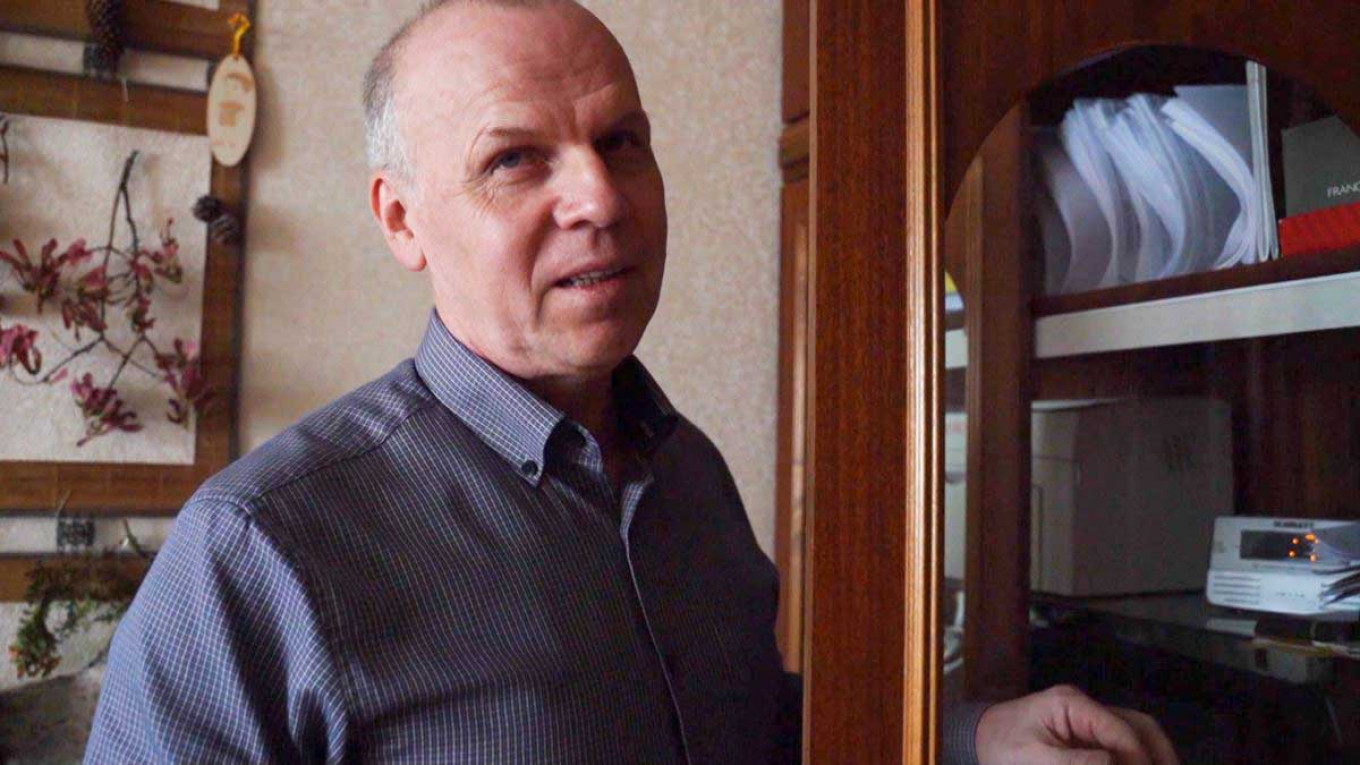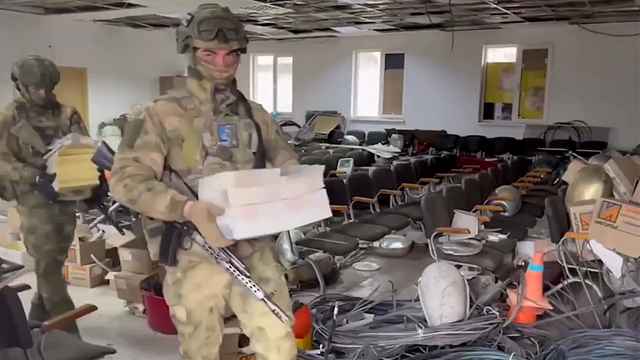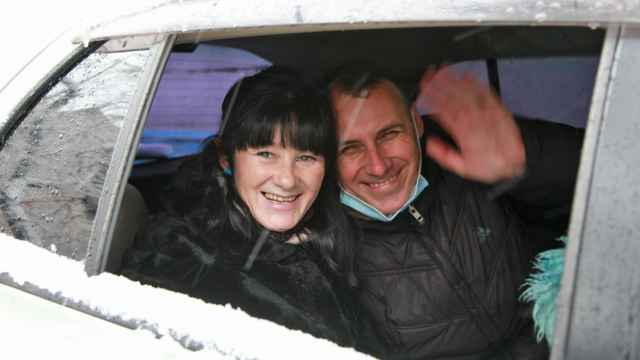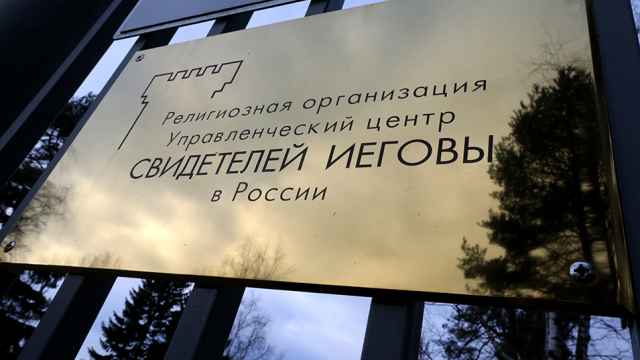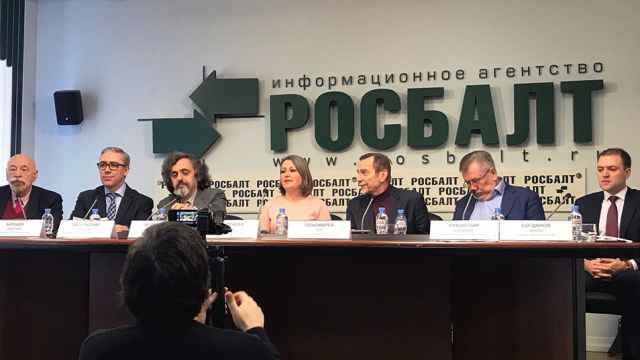A Russian court has overturned the convictions of six Jehovah’s Witnesses accused of extremism, marking the first instance of the group's worshippers having their verdicts overturned in Russia, the group announced Wednesday.
The court in Penza, some 550 kilometers southeast of Moscow, handed five adherents suspended two-year prison sentences in December. The sixth worshipper, Vladimir Alushkin, was jailed for six years after an investigation had shown that he had continued to run the local Jehovah’s Witnesses branch despite the group being outlawed in Russia.
The Penza regional court overturned the six convictions and returned the case for a new trial, the Jehovah’s Witnesses in Russia organization said in a statement.
The decision was overturned because of a violation of Russia’s criminal procedure code, the court spokeswoman told the state-run TASS news agency. She said Alushkin was released from detention.
Russia's Supreme Court ruled in 2017 that the religious group was an "extremist" organization and ordered it to disband. The ruling was followed by a crackdown that has seen dozens of adherents detained and hundreds hit with criminal charges.
Human rights activists have criticized the crackdown as a violation of religious freedom. Jehovah's Witnesses say Russia's Constitution guarantees their right to exercise freedom of religion and deny wrongdoing.
The Jehovah's Witnesses are a Christian denomination known for door-to-door preaching, close Bible study and rejection of military service and blood transfusions. The group has about 170,000 followers in Russia and 8 million worldwide.
President Vladimir Putin in 2018 said he did not understand why authorities were pursuing the group and called for the matter to be analyzed. But the Kremlin has since said that the group remains illegal under current legislation and declined to confirm whether the law will be changed or not.
Reuters contributed reporting to this article.
A Message from The Moscow Times:
Dear readers,
We are facing unprecedented challenges. Russia's Prosecutor General's Office has designated The Moscow Times as an "undesirable" organization, criminalizing our work and putting our staff at risk of prosecution. This follows our earlier unjust labeling as a "foreign agent."
These actions are direct attempts to silence independent journalism in Russia. The authorities claim our work "discredits the decisions of the Russian leadership." We see things differently: we strive to provide accurate, unbiased reporting on Russia.
We, the journalists of The Moscow Times, refuse to be silenced. But to continue our work, we need your help.
Your support, no matter how small, makes a world of difference. If you can, please support us monthly starting from just $2. It's quick to set up, and every contribution makes a significant impact.
By supporting The Moscow Times, you're defending open, independent journalism in the face of repression. Thank you for standing with us.
Remind me later.


